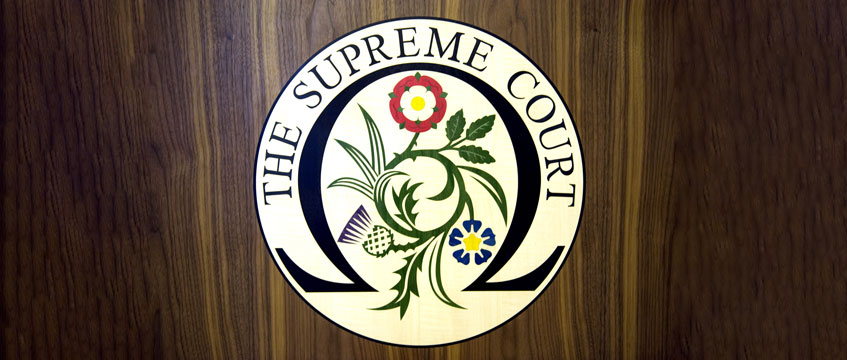A Belgrave Square mansion cannot be included as part of a Russian bankruptcy case because is “immovable”, the Supreme Court ruled today.
The property, said to be valued at about £35m, is owned by Russian businessman Georgy Bedzhamov, who has been a London resident since 2017.
Russian authorities accuse him of defrauding Russian bank Vneshprombank LLC, which went bankrupt in 2018. They declared him bankrupt, in his absence, in 2017 and are seeking billions of roubles from him.
The Russian bankruptcy trustee has been recognised by the High Court, and Bedzhamov must abide by a £1.34bn freezing order. Even so, in a ruling in August 2021, judge Mr Justice Snowden refused to include the mansion as part of the UK case and freezing order.
The Russian bankruptcy trustee appealed the case though the Court of Appeal to the Supreme Court. And the Supreme Court today ruled that the mansion cannot be included.
Giving judgment, Lord Justice Richards explained the legal dispute.
“Since 2015 [Bedzhamov] has owned a property in central London. As a matter of Russian law, the property is an asset in his bankruptcy and the respondent is charged with the duty of taking control of it and selling it for the benefit of creditors… the English courts will recognise the Russian bankruptcy order. The issue on this appeal is whether [the] claim to the property in central London will be recognised and enforced.”
This is because, under English law, land, and therefore property, is regarded as “immovable”, Richards said.
“There is a long established principle in many countries, including the United Kingdom, that all rights to immovable property are governed by the law of the country in which the property is located, and that orders of foreign courts dealing with rights to such property will not be recognised.”
This is known as the “immovables rule”.
The five judges hearing the appeal unanimously decided that the immovables rule does apply in this case, and the courts therefore are correct not to recognise the property as part of the Russian bankruptcy or include it in the freezing order.
Kathleen Garrett, a partner at law firm Reed Smith, said the ruling gives certainty in this case, and is also relevant to future international bankruptcy proceedings in England and Wales.
“The Supreme Court has made clear that English law reigns supreme when it comes to English real property or immovables,” she said.
“A foreign court has no jurisdiction to make orders on real property or immovables in England when it comes to foreign insolvency procedures. The ruling appears to reflect a move to territorialism by the Supreme Court following its judgements in Rubin v Eurofinance SA and New Cap Reinsurance Corp (in liquidation) v Grant.”
She said the ruling will be helpful in situations involving countries that have not signed up to the United Nations’ UNCITRAL Model Law on International Commercial Arbitration.
“The judgment is also likely to have a bearing on the government’s review of ‘Article X’ of the Model Law on Recognition and Enforcement of Insolvency-Related Judgments, which is intended to create a framework for the recognition of insolvency related judgments,” Garrett said.
Kireeva v Bedzhamov
Supreme Court (Lord Reed (President), Lord Lloyd-Jones, Lord Briggs, Lady Rose and Lord Richards) 20 November 2024
Photo by Shutterstock
Share your feedback
Follow Estates Gazette











